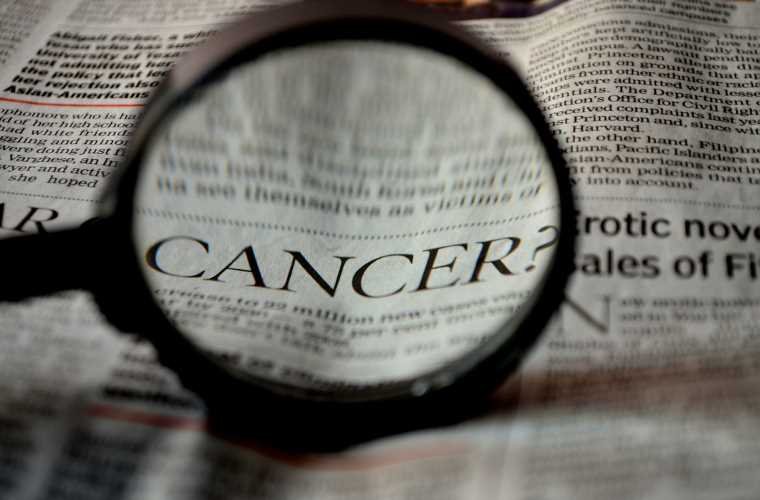French researchers have found a significant link between the regular use of artificial sweeteners and cancer. The risk of certain types of cancers was higher than others, but if confirmed, the years-long study may spell doom for two of the most popular artificial sweeteners on the market today.
SAFE SUGAR SUBSTITUTES HISTORICALLY ELUSIVE
Sugar makes things taste good, but it can also make you fat and sick. Food and beverage companies have tried to overcome the numerous negative side effects of excessive sugar consumption by introducing chemical concoctions that can give their products the sweetness of sugar, only without the unhealthy side effects. As a result, artificial sweeteners can be found in thousands of food and beverage options, most notably in juice and soda products.
Early studies looking at the risks of artificial sweeteners resulted in the removal of saccharin from popular products like diet soda precisely because there was a risk of cancer. Now, this latest study looks like it may spell doom for some of the most widely used sugar substitutes in use today.
ARTIFICIAL SWEETENERS LINKED TO CANCER
To search for a possible link between aspartame and acesulfame-K, two of the most widely-used artificial sweeteners, and cancer, researchers from the NutriNet-Santé study in France analyzed dietary data collected from 102,865 French adults. The data was collected online dating back to 2009 and was input voluntarily by the participants.
According to a press release announcing the study’s results: “Participants enroll voluntarily and self-report medical history, sociodemographic, diet, lifestyle, and health data.” Researchers used this self-reported dietary data to estimate the daily intake of artificial sweeteners. That information was then checked against any follow-up self-reported diagnosis of cancer. As expected, the team found a statistically significant link.
“Enrollees consuming larger quantities of artificial sweeteners, particularly aspartame and acesulfame-K, had higher risk of overall cancer compared to non-consumers (hazard ratio 1.13, 95% confidence interval 1.03 to 1.25),” the release reports. Furthermore, higher risks were observed for breast cancer and obesity-related cancers.
“Results from the NutriNet-Santé cohort (n=102,865) suggest that artificial sweeteners found in many food and beverage brands worldwide may be associated with increased cancer risk, in line with several experimental in vivo / in vitro studies,” said study lead author Charlotte Debras in the release.
TIME TO REEVALUATE THE SAFETY OF ARTIFICIAL SWEETENERS?
The research behind this troubling news note that they adjusted their data for age, sex, education, physical activity, smoking, body mass index, height, weight gain during follow-up, diabetes, family history of cancer, as well as baseline intakes of energy, alcohol, sodium, saturated fatty acids, fiber, sugar, whole-grain foods, and dairy products. Nonetheless, they concede that inherent bias may exist, as most of the study respondents were highly educated women who were pre-disposed to exhibit “health-conscious behaviors.”
Still, the overall conclusion is a significant one and maybe the first step toward these chemical additives exiting the marketplace like high fructose corn syrup and partially hydrogenated vegetable oil before them.
“Our findings do not support the use of artificial sweeteners as safe alternatives for sugar in foods or beverages and provide important and novel information to address the controversies about their potential adverse health effects,” the study authors state in the journal Plos Medicine. “While these results need to be replicated in other large-scale cohorts and underlying mechanisms clarified by experimental studies, they provide important and novel insights for the ongoing re-evaluation of food additive sweeteners by the European Food Safety Authority and other health agencies globally.”
“These findings provide novel information for the re-evaluation of these food additives by health agencies,” said Debras, echoing the same sentiment.
Follow and connect with author Christopher Plain on Twitter: @plain_fiction

